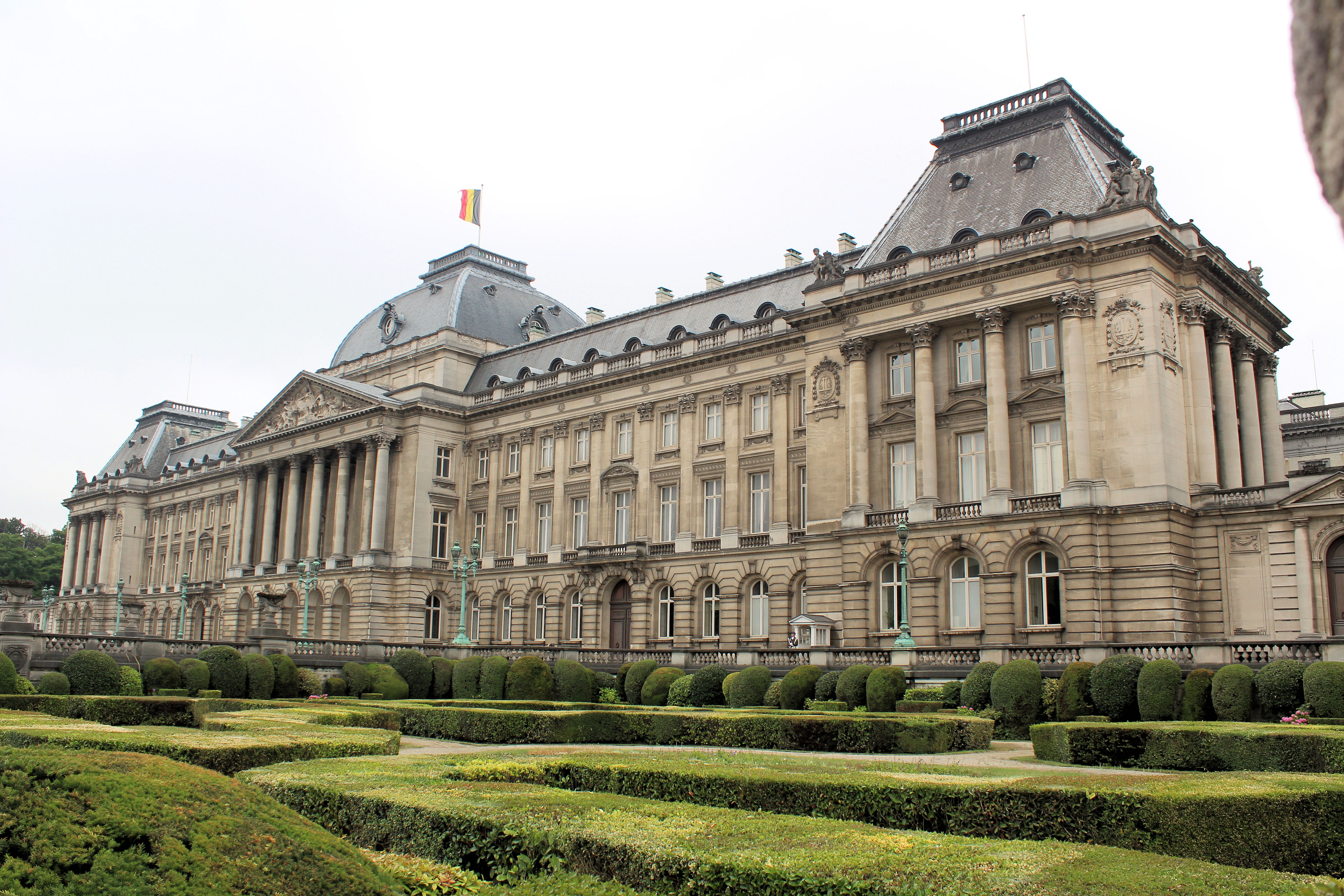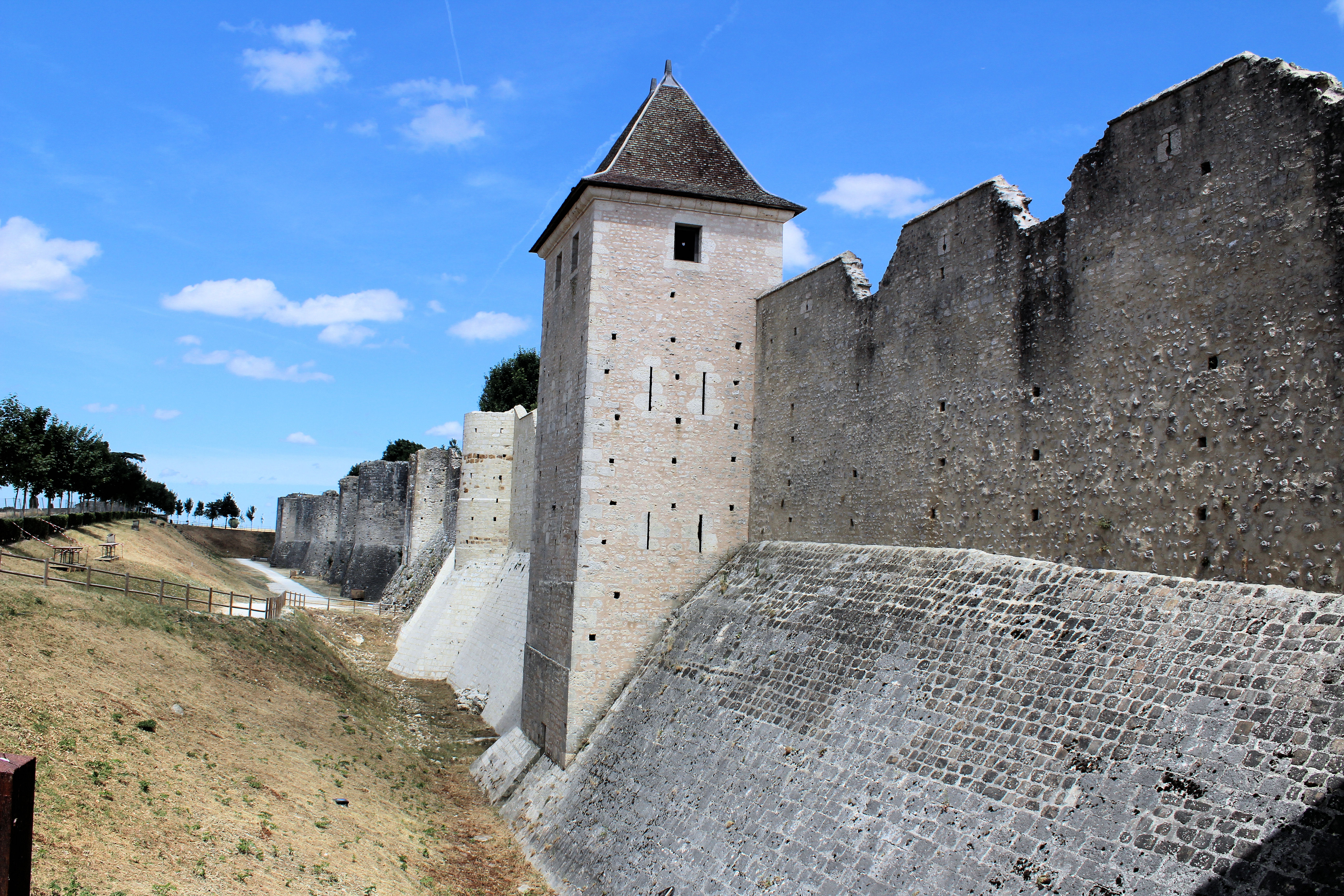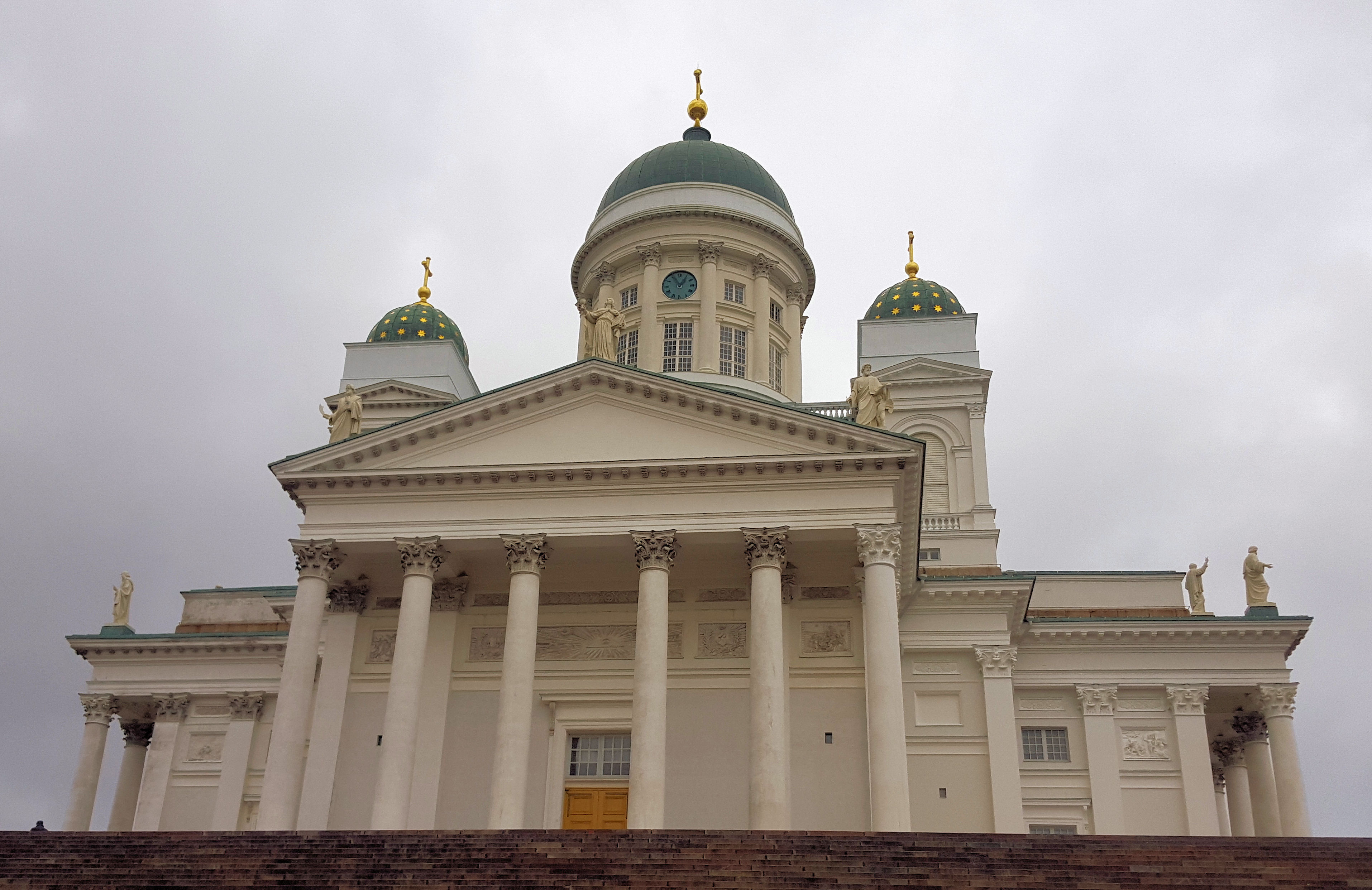Category: Church
Church
-
Four Days in Belgium

What Were Our goals? We spent a total of four days in Brussels, Belgium but only two of those were in the city itself. The others consisted of trips to Bruges, Ghent, Luxembourg and the World War 1 Flanders Battlefields. Apart from the magnificent old buildings, Brussels is famous for its chocolate, beer and comic… Read more
-
Provins

Provins is a small medieval village about 90 minutes by train from Paris. Why Visit? The main attraction is the unspoilt nature of the many buildings as well as the city walls and Cesar Tower. For younger visitors, there are also shows with knights and falcons. We found this was an opportunity go see some… Read more
-
Helsinki Finland and Tallinn Estonia

Helsinki was chosen as part of our Nordic trip as a stopover before travelling on to Rovaniemi in the Arctic Circle. Deciding to make the most of the opportunity, we stayed three nights, giving us time to see the city as well as a day trip to the historic Estonian city of Tallinn. Getting There… Read more